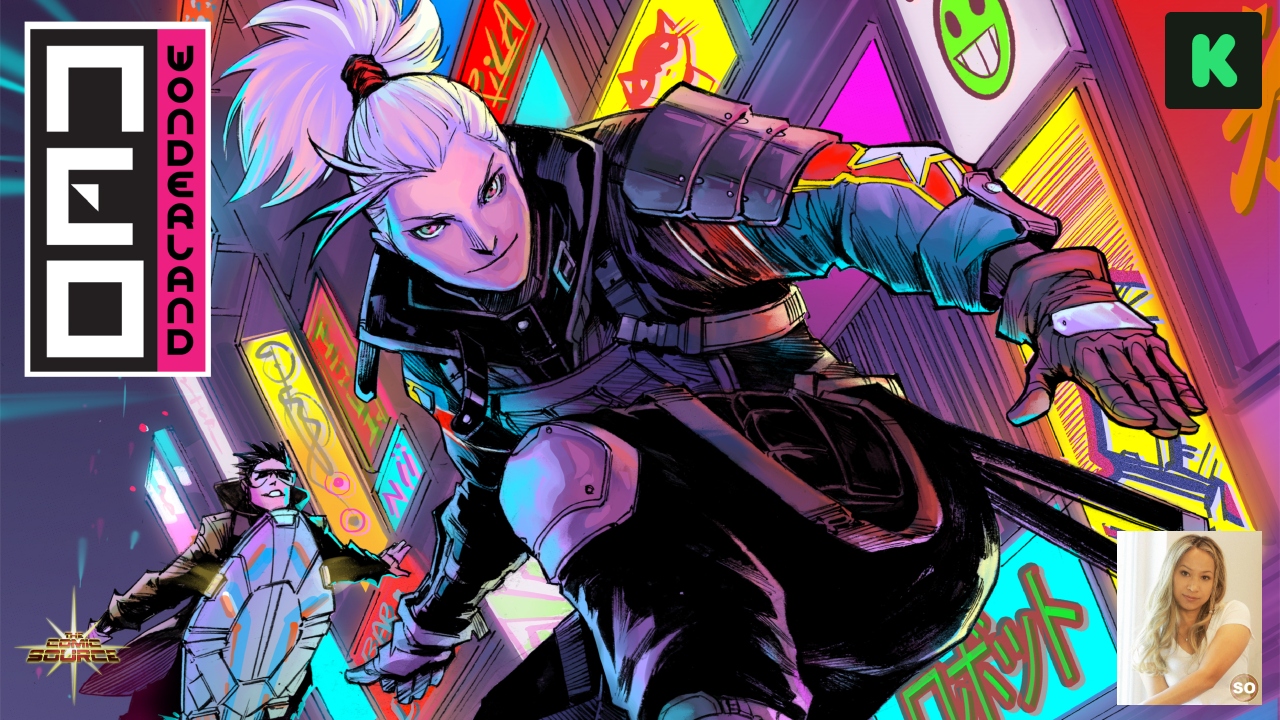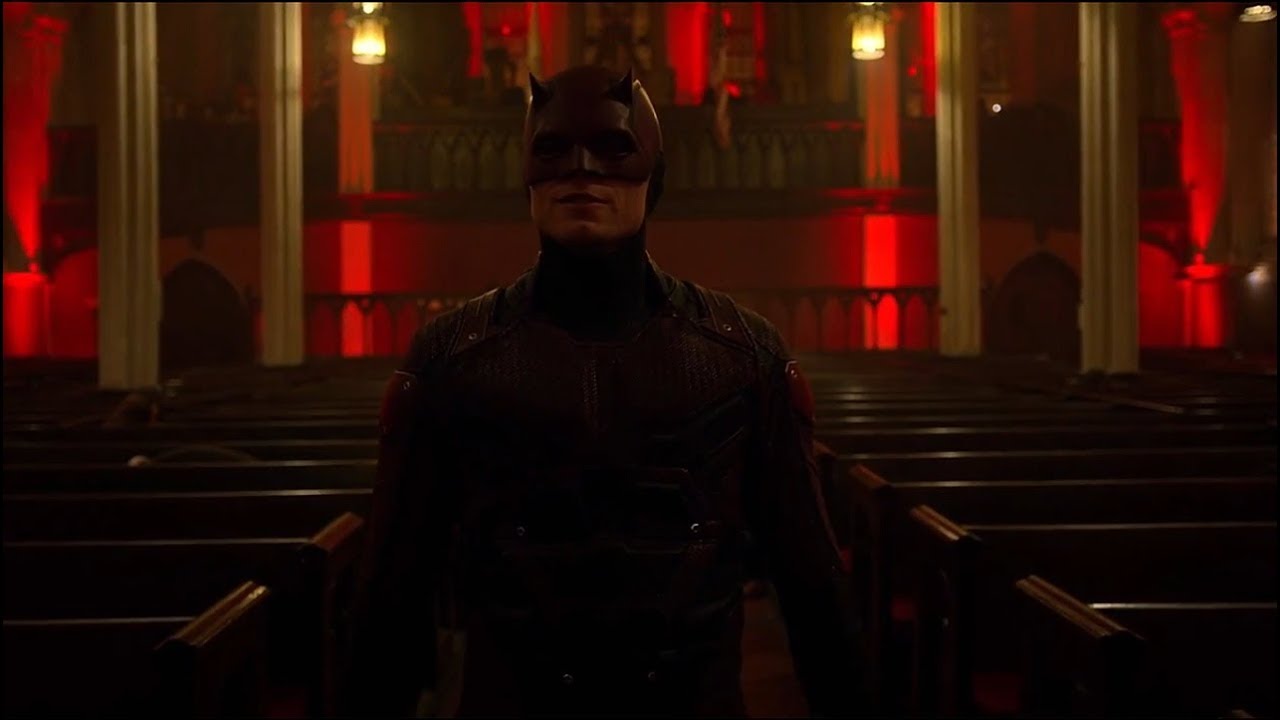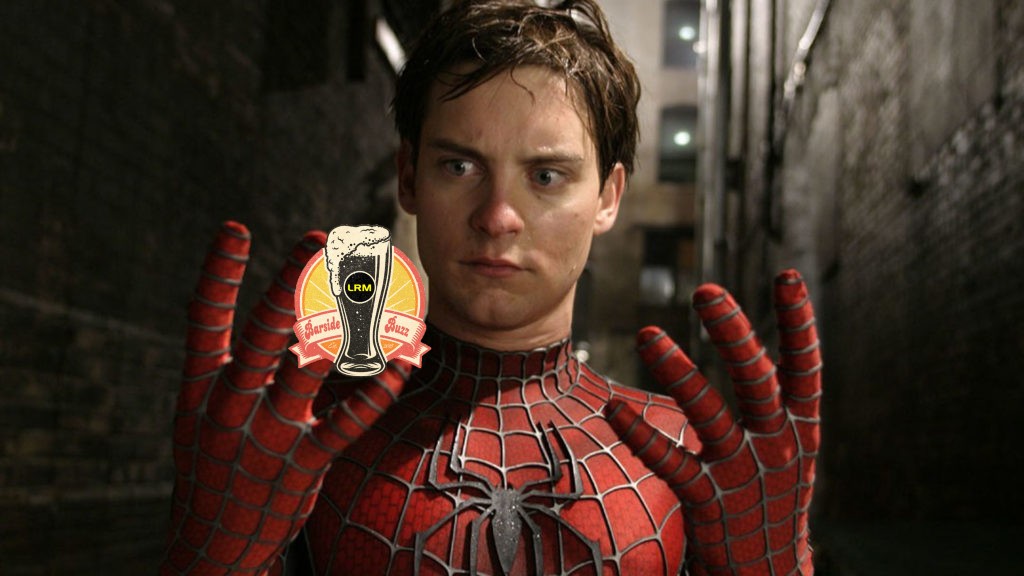The story of Amityville keeps living on.
The Amityville Murders is a look into Butch DeFeo, who murdered his entire family as they slept with a high-powered rifle on the fateful night of November 13, 1974.
The film stars John Robinson, Chelsea Ricketts, Paul Ben-Victor, Diane Franklin, Noa Brenner, Zane Austin and Kue Lawrence. It is written and directed by Daniel Farrands (The Haunting of Sharon Tate, Halloween: The Curse of Michael Myers).
LRM Online had a phone interview with John Robinson, who played the lead role of Butch DeFeo. He talked about the research and placing himself in a dark place to get this character right on screen.
Robinson had numerous movies in the past, including Elephant, Lords of Dogtown, Wendy and Lucy and Transformers.
The Amityville Murders is currently playing on VOD.
Read our interview below.
LRM: Why were you attracted to a project project like The Amityville Murders?
John Robinson: For me, honestly, I really wanted to get into a story like Butch DeFeo. I thought it was a really important topic to explore in this kind of era that we’re in right now. It is based in the seventies. To me, it is a similar era of confusion politically changing back to know an autocratic, chaotic time, per say politically. [Chuckles] How something like Butch DeFeo story could be certain a messenger for the times.
LRM: How extensive of research did you actually have to do for this film?
John Robinson: What’s hard about this story is that there’s been too much research done. I feel like everybody has made a story about Butch and the family. For me, luckily Dan [Farrands], the director, was really thorough. He knew the family that lived in the house after. He was really obsessed with making sure I understood the Butch DeFeo story.
I mean the short answer is I did a fair amount of research. I watched a lot of interviews. I read as much as I could. It mad me realize maybe there was something more than just all of the articles out there and all of the things that we’ve heard about Butch. Especially, since he’s been in jail for a long time and changed his tune a lot of different times. For me, there’s the anxiety of playing somebody real as well as somebody who was a criminal still in jail. There is the feeling of responsibility of that. It was important for me to make him human instead of a monster.
LRM: Where does your mind go to when you have to play such a dark character like this?
John Robinson: Leading up to this film, I’ve done a few films were they were pretty dark characters. To tell you the truth, I’ve been living in Europe for the last years. I’ve been kind of a in my own element. I’ve been exploring kind of what it is to be alone outside of your country, outside of your world. [Laughs] I’ve spent years doing that and now. It feel more home over there and then I do back here. It kind of changed. But, I think that was why I was kind of attracted to playing such as dark a dark mind. This feeling of isolation and connecting to it. I actually do want to portray this onscreen. It is so fun to play these roles. There’s something kind of cathartic about it going to a sad place. The hardest part was really doing the shooting itself. [Laughs] I thought it would be kind of cool and fun. It was not cool and fun. It’s really sad. [Laughs]
LRM: Do you feel you portrayed Butch similarly to the previous movies? Or a whole lot different from the previous movies?
John Robinson: I tried to make him more vulnerable than the previous films where he was kind of more of a monster. I was trying to do to make you actually empathize when he pulled the trigger than to be this impending monster. I don’t know if it came off that way or not, but that was kind of what I was trying to do. [Laughs] Trying to find the empathy in this guy. When you play a character, you don’t see him as an evil person. You’re finding your own way to justify his actions.
LRM: Could you talk about the other cast members of this movie? You have two members of this cast that were in previous Amityville movies before. Did you guys enjoy each other’s company? Did you have fun? This is such a dark movie.
John Robinson: Honestly, that’s the beauty of filmmaking. We were in Koreatown and we did actually have a lot of fun off the set. For me, to do the period, itself, was was so much fun. The clothes, the jokes and us playing around. In between takes, we had a lot of fun. Even during the takes, we were safe enough and having a good enough time. It wasn’t all drama, drama, drama.
LRM: You guys actually have to recreate the house itself? The house, itself, has to be another character. Could you talk about the set a little bit that you had to be on production?
John Robinson: That was quite incredible that we were able to turn this little this house into the actual Amityville house. Obviously, we were in Los Angeles, so it was pretty far from being in Long Island. It was great for me. My bedroom was the most creepy, we shot it in a basement, but they really recreated it in a special way. It felt, even though it was just paper walls, it felt really like a place you could imagine that a kid that was isolated and being abused by his father. It was a dark place. Even the red room, it was difficult to be in and really easy to play a character like that. It felt like a cave. [Laughs] It was quite something.
LRM: One last question for you, did you think that Butch intently murder his family or do you think spiritually he was possessed?
John Robinson: I think it’s a mixture of two worlds. He was being used quite heavily. Also, in what we showed in this film and that I was really attracted to, it was this notion of this burial grounds. It was potentially where that house was built. The notion that potentially the revenge of the native people on this white guilt society could possibly have come through. Butch in its way. The way he was being treated. The mind is very fragile thing in my opinion. There was some sort of influence, spiritually, like a ghost or something quite horrific thing that probably took place there. That could’ve manifested in Butch’s actions. I don’t think it was premeditated at all. I think it was a passion murder like you see quite often nowadays. People reaching this climax of an end of something, not seeing any other opportunity, and exploding in a horrific tragedy.
LRM: Excellent answer. Thank you very much John for this conversation. I really appreciate it.
John Robinson: Thank you, Gig. Thank you for your support.
Source: LRM Exclusive

 FOR FANBOYS, BY FANBOYS
Have you checked out LRM Online’s official podcasts and videos on The Genreverse Podcast Network? Available on YouTube and all your favorite podcast apps, This multimedia empire includes The Daily CoG, Breaking Geek Radio: The Podcast, GeekScholars Movie News, Anime-Versal Review Podcast, and our Star Wars dedicated podcast The Cantina. Check it out by listening on all your favorite podcast apps, or watching on YouTube!
Subscribe on: Apple Podcasts | Spotify | SoundCloud | Stitcher | Google Play
FOR FANBOYS, BY FANBOYS
Have you checked out LRM Online’s official podcasts and videos on The Genreverse Podcast Network? Available on YouTube and all your favorite podcast apps, This multimedia empire includes The Daily CoG, Breaking Geek Radio: The Podcast, GeekScholars Movie News, Anime-Versal Review Podcast, and our Star Wars dedicated podcast The Cantina. Check it out by listening on all your favorite podcast apps, or watching on YouTube!
Subscribe on: Apple Podcasts | Spotify | SoundCloud | Stitcher | Google Play



